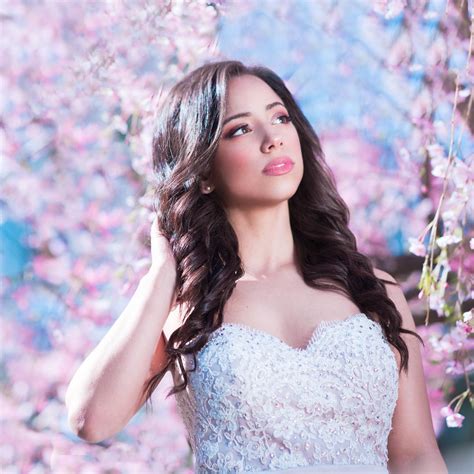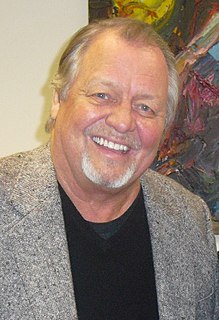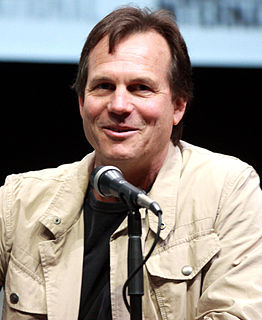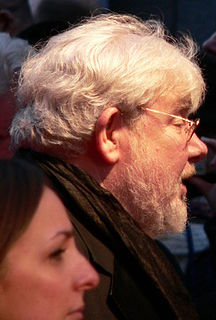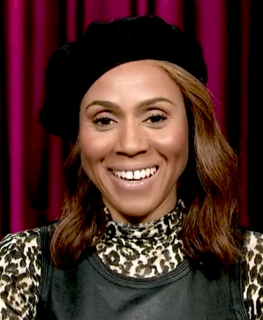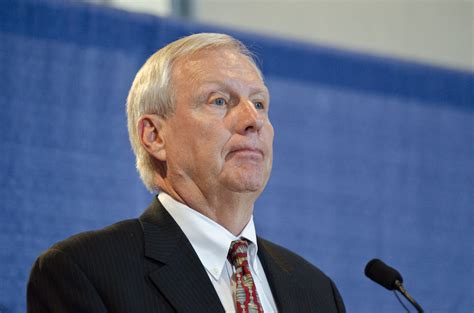Цитата Джеда Меркурио
Это было странное чувство — снимать ночную сцену на Селли-Оук-Хай-стрит с телевизионщиками и известными актерами на буксире, когда двадцать лет назад в это время ночи я бы спотыкался в поисках шашлыка.
Связанные цитаты
Единственное, что я хотел бы сказать всем, кто занимается ночными шоу, это то, что на это у меня ушло пару лет, но когда ты покидаешь студию, все кончено. Это то, что вы действительно должны сделать. Спустя долгое время я думал: «Может быть, мне не стоило этого говорить» или «Может, мне не следовало этого показывать». Но, в конце концов, я сказал: «А, черт с ним». Вот что было той ночью, завтра следующей ночью.
Я также думаю о сцене, о конкретной сцене — если бы я сыграл роль, которую я сыграл 10 лет назад, моя интерпретация этой сцены была бы совершенно другой. Я бы сделал другой выбор. Потому что я не могу как-то вычесть весь опыт, который у меня был в жизни. И это увлекательно видеть, потому что где-то я очень размышляю об этом. Вы знаете, я играл в основном около 40 лет, так что я где-то потерялся в возрасте в этом фильме. Но было восхитительно видеть, что я не могу вычесть это время.

